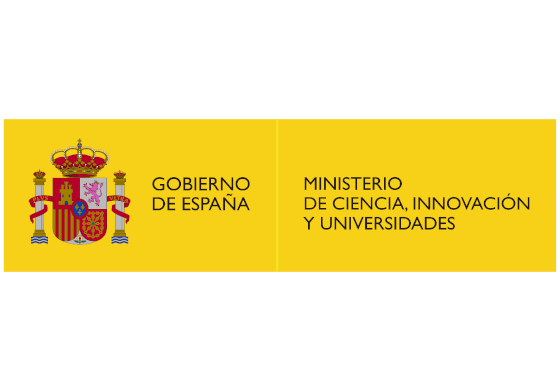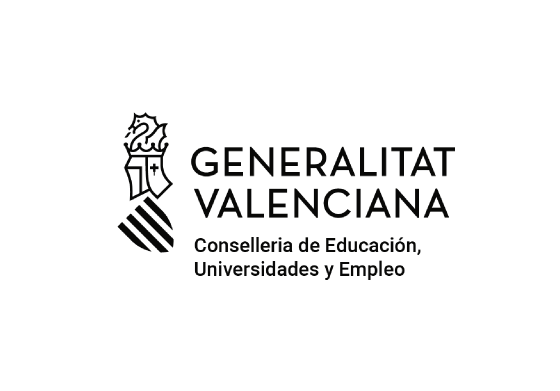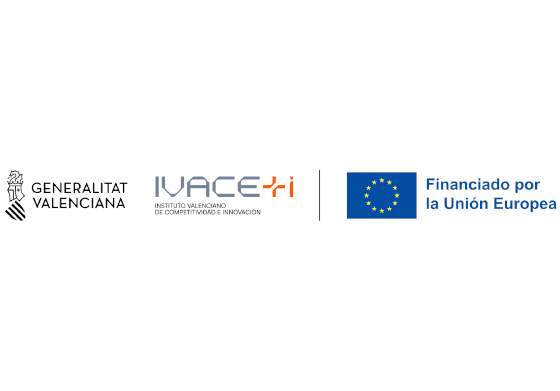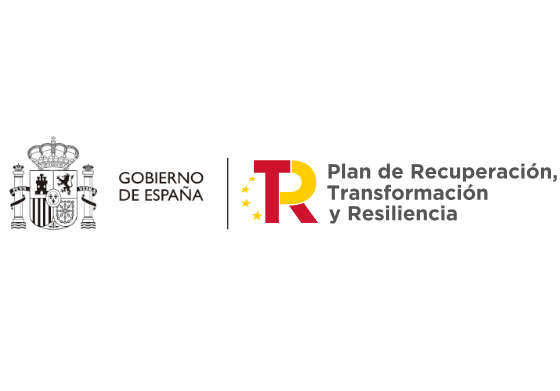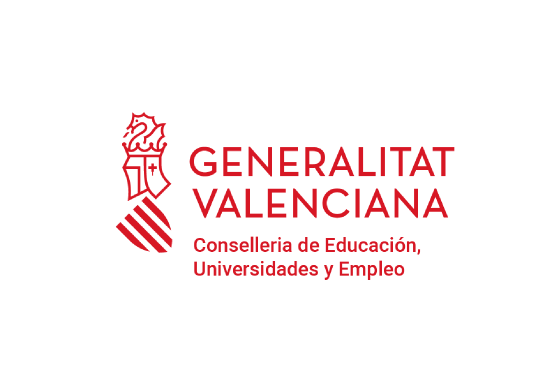Title: DESARROLLO DE ELECTROBIOREACTORES ORTOGONALES DE FLUJO PARA REACCIONES QUÍMICAS SOSTENIBLES
Acronym of the project: EBioFlow3D
Funding entity: MICINN
Modality: CONVOCATORIA DEL AÑO 2022 DEL PROCEDIMIENTO DE CONCESIÓN DE AYUDAS PARA INCENTIVAR LA CONSOLIDACIÓN INVESTIGADORA
Entity code: CNS2023-144752
UJI accounting code: 24I125
Principal researchers:
Total amount: 193.232,00€
Involved researchers:
Acronym of the project: EBioFlow3D
Funding entity: MICINN
Modality: CONVOCATORIA DEL AÑO 2022 DEL PROCEDIMIENTO DE CONCESIÓN DE AYUDAS PARA INCENTIVAR LA CONSOLIDACIÓN INVESTIGADORA
Entity code: CNS2023-144752
UJI accounting code: 24I125
Principal researchers:
- Victor Sans Sangorrin
Total amount: 193.232,00€
Involved researchers:
- Victor Sans Sangorrin
Summary/Abstract:
Industrial Biotechnology (IB) represents a novel approach to the production of chemical reagents, fuels, and materials with a market value expected to reach 50 billion euro in 2030 at a compounded growth rate of 7% per annum. Since its introduction, the main drive has been the promise for highly efficient processes while limiting pollution generation, preserving resources, and reducing costs. In addition, political and societal calls for sustainability and environmentally safe manufacturing systems will continue to push the advancement of technologies further in this direction. Above all, biocatalysis has attracted synthetic chemists’ attention because of its ability to promote highly selective reactions and representing an efficient and greener alternative to metal catalysis. Nevertheless, the implementation of enzyme-based solutions for industrial applications exists in limited contexts where the limitations in scaling-up, lengthy optimization procedures, and long reaction times as well as potential instability and solvent incompatibility have low impact. Additionally, one-pot cascade reactions are usually performed in water which often forces the utilisation of extremely diluted substrate solutions due to solubility issues; this, in turn, results in low products concentration and time-consuming purification procedures. The combination of continuous-flow technology and enzyme immobilisation represents a promising answer to these constraints. Here we take a step further and we propose to integrate biocatalysis with electrochemical flow reactors to overcome major hurdles for their industrial implementation.
The vision is to employ a rapid screening platform to efficiently develop supported materials for digital design and fabrication of 3D printed reactors which incorporates tailored surface modifications helpful in the controlled immobilisation of enzymes. Additive manufacturing, also known as 3D printing (3DP), is an innovative technology which facilitates the realization of 3D objects with complex geometries in a variety of materials (polymers, ceramics, metals). The topologically complex geometries realised with this technology will optimize mixing, leading to improved kinetics; eliminate product inhibition of enzymes, optimize the use of valuable cofactors by electrochemically regeneration, enable thermodynamically disfavoured reactions and allow the sequential/simultaneous immobilisation of different enzymes remarkably enhancing the enzymatic performance and the recyclability of the biocatalysts.
This proposal will respond to these challenges by integrating materials engineering (3D printable formulations), biocatalysis (stable and recyclable immobilized enzymes), orthogonal electrochemistry and process digitalization (continuous-flow, rapid screening) for developing more efficient biotransformations in flow, with easy and effective immobilization of enzymes and significantly promote the sustainable development of IB. It will have a direct impact in the EU as much from the environmental point as from economic and social points since medicines ́ prices will decrease.

